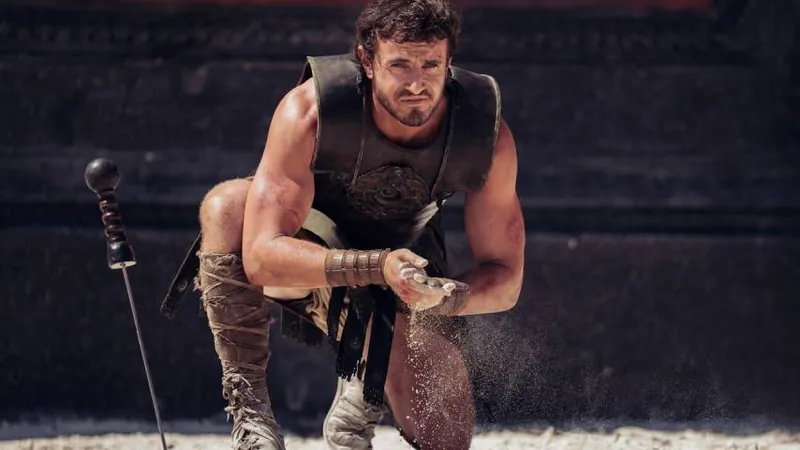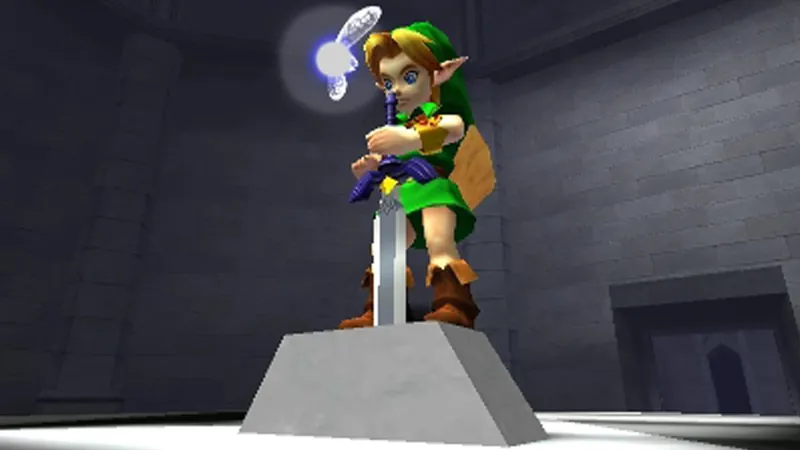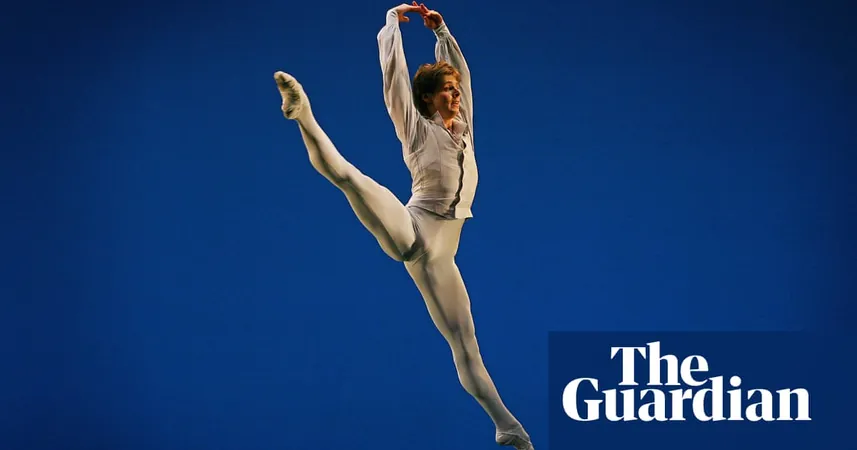
Gladiator II: Is the Hero Just a Mirror of the Past?
2024-11-25
Author: Ting
In the cinematic realm of sequels, few hold the weight of expectation quite like Gladiator II, the long-awaited sequel to Ridley Scott's iconic 2000 film. While the original Gladiator remains a quintessential classic, this new chapter seems to wander through familiar territory, leaving audiences to wonder if the film is an homage or an echo of what once was.
The screenplay, crafted by David Scarpa, keeps viewers guessing about the lead character portrayed by Paul Mescal. His character, initially referred to as Hanno, is later revealed to be Lucius Verus Aurelius—the rightful heir to the Roman Empire. Yet, the film seems to belabor this plot point, almost as if it’s daring audiences to keep up with its narrative tricks, all the while forgetting to build a compelling story in its own right.
From the very start, it’s clear that Lucius is not just a new character but a symbolism of the film’s attempt to recapture the magic of Gladiator. The melancholy scenes play on the nostalgia of the original, reinforcing the notion that cinematic history can repeat itself—albeit with less grace. Lucius' lineage—a direct descendant of Marcus Aurelius and part of the intricate web of relationships that shaped the first film—overshadow any chance of developing his character authentically.
The story attempts to tug at the heartstrings by positioning Lucius as both a prime descendant of greatness and a retconned offspring of Maximus (Russell Crowe), blurring the lines between characters and memories. While there are hints of a deeper relationship drawn between Lucilla (Connie Nielsen) and Maximus, resurrecting Maximus as Lucius' father feels like a stretch that undermines the emotional integrity established in the original narrative.
Although Gladiator II features ambitious and entertaining sequences—like a jaw-dropping, shark-filled naval battle—its attempts to flesh out Lucius simply feel tired and repetitive. The character’s actions and struggles are overshadowed by an overwhelming sense of déjà vu as he seems to follow in Maximus' footsteps to an exhausting degree. From combat techniques to iconic quotes, Lucius mirrors his predecessor rather than breaking free to forge his own identity.
It's interesting to note that these themes of legacy and the quest for acceptance are widely explored, yet Gladiator II falls short of delivering a substantial exploration of what it means to carry the weight of one's lineage. Instead, the film continuously tries to recreate the past without realizing that true brilliance lies in originality and depth.
Is Gladiator II a masterpiece or merely a reflection of Hollywood’s longing for the past? With tired tropes and an overarching reliance on nostalgia, it might be time for filmmakers to consider a new narrative rather than relying on shadows of iconic characters. As we delve into the legacy of the Gladiator, one can only hope that future films learn to look forward rather than backward in their storytelling. Will audiences embrace this familiar formula, or will they demand something more innovative? Only time will tell, but for now, we can be sure that echoes from the past will resonate loudly in this sequel.



 Brasil (PT)
Brasil (PT)
 Canada (EN)
Canada (EN)
 Chile (ES)
Chile (ES)
 España (ES)
España (ES)
 France (FR)
France (FR)
 Hong Kong (EN)
Hong Kong (EN)
 Italia (IT)
Italia (IT)
 日本 (JA)
日本 (JA)
 Magyarország (HU)
Magyarország (HU)
 Norge (NO)
Norge (NO)
 Polska (PL)
Polska (PL)
 Schweiz (DE)
Schweiz (DE)
 Singapore (EN)
Singapore (EN)
 Sverige (SV)
Sverige (SV)
 Suomi (FI)
Suomi (FI)
 Türkiye (TR)
Türkiye (TR)